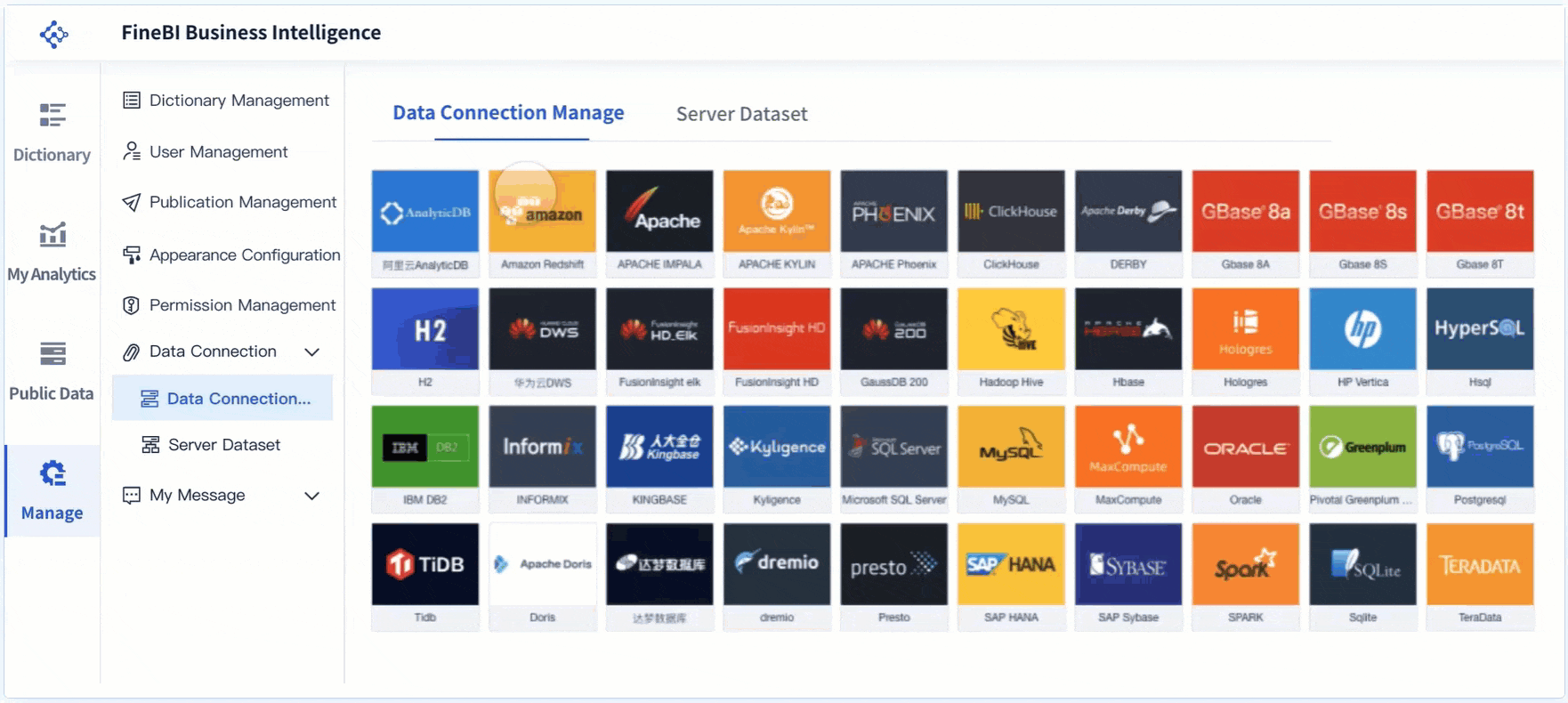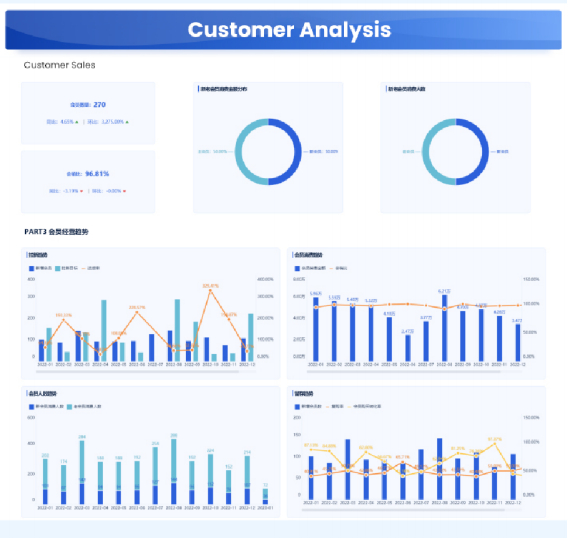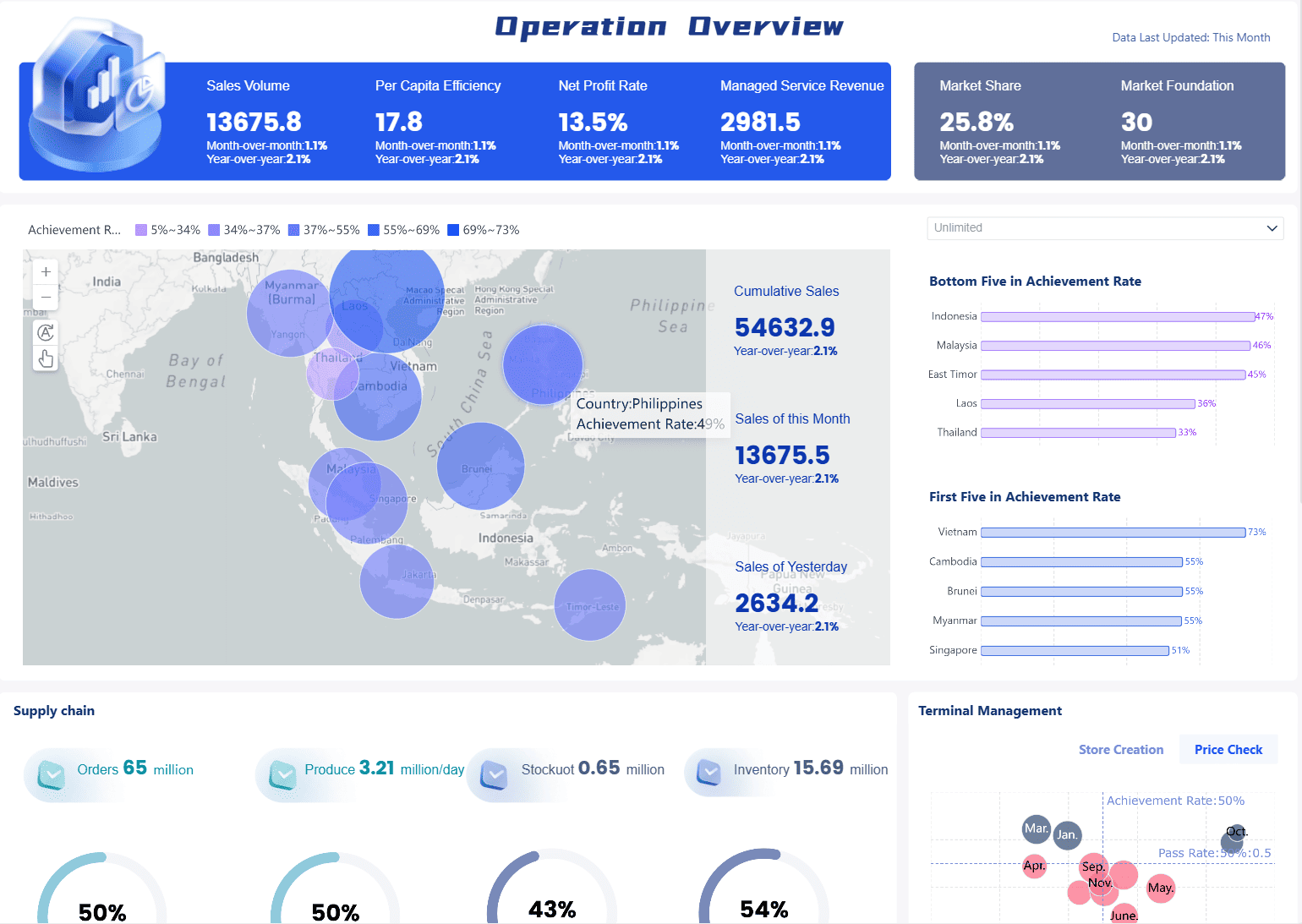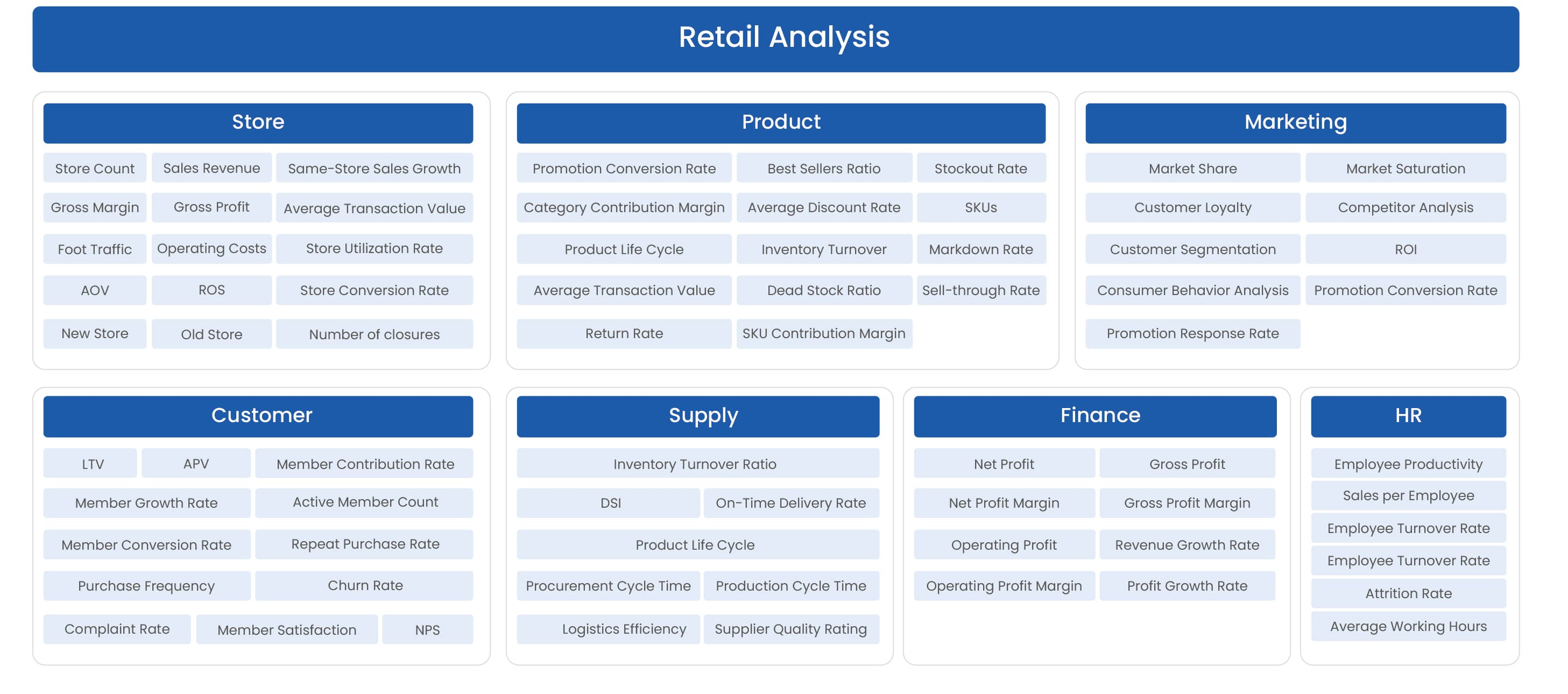Retailers worldwide now embrace technology and AI to reshape the retail customer experience. Nearly 92% of retail marketers use AI, and 79% of retail companies actively implement or test these solutions. Retailers see faster service, higher engagement, and improved satisfaction. Predictive analytics and artificial intelligence help reduce customer churn by up to 30% and boost revenue by as much as 15%.
Shoppers expect seamless, personalized journeys. Data-driven strategies let retailers meet these demands, offering tailored recommendations and real-time support throughout the customer journey.
| Benefit | Impact |
|---|---|
| Personalized Recommendations | Boost revenue by 15% and improve the overall experience |
| Real-time Inventory Tracking | Reduce stockouts and enhance customer satisfaction |
| Customer Segmentation | Enable targeted marketing and increase satisfaction with each purchase |
Retail customers today expect more than just products on shelves. They want a seamless blend of digital and physical touchpoints throughout their customer journey. In the United States, Europe, and Asia, retailers focus on personalizing the shopping experience using data analytics and mobile platforms.
Shoppers now look for secure transactions, responsive support, and transparency in every interaction. Recent research shows that consumers demand highly personalized service, fast delivery, and ethical practices. Mobile technology and social media shape trends and influence buying decisions. Many shoppers expect 24/7 service, instant responses, and the ability to solve problems on their own. Features like buy online, pick up in store, self-checkout, and touchless payments have become standard. Retailers also see a rise in demand for immersive experiences, such as augmented reality and in-store events. These expectations push retailers to innovate and deliver unique, memorable experiences that go beyond simple transactions.
| Region | Key Characteristics of Retail Customer Experience |
|---|---|
| United States | Tech-savvy shoppers, AI-driven personalization, focus on sustainability, strong online sales |
| Europe | Omnichannel strategies, ethical concerns, AI and AR integration, robust eCommerce growth |
| Asia-Pacific | Rapid sales growth, technology-driven personalization, efficient supply chains, rising consumer expectations |
Customer experience plays a vital role in retail success. Studies show that 73% of consumers consider customer experience important when making purchases. Many shoppers are willing to pay more for friendly, personalized service.
When retailers invest in improving the retail customer experience, they see higher retention rates and increased sales. For example, a 5% increase in customer retention can boost profits by up to 95%. Loyal customers spend more and return often, driving long-term growth. Metrics like Net Promoter Score (NPS) and Customer Satisfaction (CSAT) link directly to revenue and brand loyalty. Retailers who excel in customer experience outperform competitors in revenue growth and customer retention. Personalized service, easy returns, and consistent omnichannel experiences help build trust and satisfaction. As a result, retailers who prioritize customer experience gain a strong advantage in a competitive market.

AI in retail is changing how companies interact with shoppers. Many retailers now use ai to unify data from marketing, commerce, and service. This approach creates consistent, real-time customer journeys across both digital and physical channels. AI-powered chatbots and virtual assistants provide personalized customer service on social media, chat, and voice platforms. These tools answer questions, help with orders, and solve problems at any time of day.

AI in retail also enables hyper-personalization. Predictive analyticsand machine learning tailor marketing messages, product recommendations, and customer interactions. Store associates can access customer data and continue conversations from online to in-store, making the experience seamless. AI-driven automation reduces service costs and speeds up problem resolution. This leads to higher customer satisfaction.
Retailers use ai applications in retail to improve inventory management and demand forecasting. Predictive analytics help keep shelves stocked and reduce costs. Real-time updates on product availability and order status keep customers informed. AI in retail also powers self-service options, such as knowledge bases and FAQs, so customers can solve issues on their own.
Many leading companies have adopted ai technology to transform the retail experience. The table below shows how different retailers use ai applications in retail to improve customer satisfaction:
| Retailer / Company | AI Application | Impact on Customer Experience |
|---|---|---|
| Amazon Go | Cashier-less stores using cameras and sensors | Eliminates checkout lines, streamlines shopping convenience |
| Sephora | Virtual Artist app for virtual makeup try-on | Personalized product discovery and engagement |
| Nike | AI-powered chatbots | 24/7 customer service accessibility |
| Nordstrom | AI chatbots (“Nordstrom Stylists”) | Product recommendations, appointment scheduling, personalized service |
| Walmart | Smart Shelves monitoring inventory in real-time | Prevents stockouts, improves inventory management and satisfaction |
| Macy’s | AI for automated replenishment | Streamlines order fulfillment, reduces manual labor, operational efficiency |
AI in retail continues to evolve. Companies that invest in ai applications in retail gain a strong advantage. They deliver faster, more personal, and more efficient service to every customer.
Retailers recognize that empathy remains a cornerstone of excellent customer interactions, even as ai becomes more common in stores and online. Research shows that empathy helps retailers understand customer pain points and create seamless, personalized service across all channels. For example, journey mapping and in-depth interviews reveal what shoppers feel and need, leading to better experiences. Companies like Zappos empower employees to act with empathy, which increases loyalty and satisfaction.
AI-driven service can handle routine questions and provide 24/7 support, but human staff excel at high-value interactions that require emotional intelligence. Studies show that while ai shopping assistants boost conversion rates and reduce cart abandonment, human teams build trust and handle complex concerns. Retailers train staff to work alongside ai by teaching them its strengths and limits. Employees learn to step in when situations need a personal touch. This teamwork ensures that ai handles simple tasks, while people focus on empathy and problem-solving.
Tip: Retailers often use feedback loops and cross-functional collaboration to refine both ai and human roles, making sure that personalized service stays at the heart of every customer journey.

Customers want to trust ai-driven service, but many have concerns about privacy, data use, and losing the human touch. Surveys show that 58% of shoppers worry about how ai uses their data, and 39% have abandoned purchases after frustrating ai experiences. Older shoppers, in particular, show less trust in ai, preferring human support for complex issues.

Retailers address these concerns by using several strategies:
A table below summarizes key strategies for building trust:
| Strategy | Benefit |
|---|---|
| Data privacy and protection | Reduces customer anxiety about data use |
| Transparent decision-making | Builds confidence in ai-driven service |
| Human support for complex cases | Maintains trust and satisfaction |
| Customer education | Sets realistic expectations |
Retailers like Amazon and PayPal show that ai can increase satisfaction and loyalty when paired with ethical safeguards and clear communication. By blending ai efficiency with human empathy, retailers deliver personalized service that earns long-term trust.
Retailers continue to invest in conversational AI and chatbots to improve customer engagement. Today, 71% of business and technology professionals report their companies have invested in bots. Many customer experience leaders plan to increase their budgets for these tools in the coming years. Consumers show strong interest in generative AI-driven conversational commerce, with 66% of U.S. shoppers expressing enthusiasm. Digital assistants now help 44% of consumers with product research, making recommendations and guiding purchase decisions.
Retail and eCommerce account for a significant share of the global conversational AI market. Enterprises see measurable improvements after implementing these technologies. For example, automation now handles up to 69.2% of consumer conversations, leading to cost savings and greater efficiency. Chatbots increase conversion rates by 13% and drive incremental sales, sometimes adding millions in revenue. Customers benefit from 24/7 support and receive personalized recommendations, which boost satisfaction and loyalty.
| Measurable Improvement | Metric / Example | Impact Description |
|---|---|---|
| Automation of consumer conversations | Up to 69.2% automated | Significant cost savings and operational efficiency through automating routine inquiries. |
| Conversion rate increase | 13% conversion rate | Higher sales conversion by guiding customers through purchase journeys effectively. |
| Incremental sales | $50 million | Substantial revenue growth attributed to chatbot-driven engagement and upselling. |
| Customer support availability | 24/7 support | Faster response times and continuous assistance improve customer experience. |
| Personalized product recommendations | Drives sales | AI-driven suggestions increase upsell and cross-sell opportunities. |
Retailers can take several steps to stay ahead as technology and AI in retail evolve:
Tip: Retailers should avoid common pitfalls by aligning technology choices with customer needs, integrating online and offline experiences, and using customer data to deliver value. Active use of data enables more effective personalized recommendations and personalized offers, which drive loyalty and sales.
Industry analysts predict several trends will shape the future of retail customer experience:
Retailers who embrace these trends and invest in AI in retail will deliver better experiences, improve efficiency, and build lasting customer relationships.

Technology and AI continue to reshape retail customer experience by enabling personalization, real-time insights, and seamless omnichannel journeys. Retailers see increased customer retention and boost customer loyalty through upgraded customer experience and enhanced customer experience. Data integration platforms like FanRuan and analytics tools such as FineBI help unify information, allowing businesses to enhance customer experiences and drive satisfaction. Companies that balance automation with human connection deliver superior experience and retention. Embracing innovation ensures retailers stay competitive in a rapidly evolving market.
Explore FineBI to improve the retail customer experience for your business!
Understanding Retail Management for the Modern Era
Retail Merchandising Secrets to Increase Sales
Unlocking Business Growth with Retail Analytics
How Retail Inventory Management Software Optimizes Store Performance

The Author
Lewis
Senior Data Analyst at FanRuan
Related Articles

9 Best Supply Chain Tools for Smarter Management in 2026
Find the best supply chain tools for 2025 to boost efficiency, gain real-time insights, and achieve smarter management for your business.
Lewis
Dec 18, 2025

Top 10 Supply Chain Tracking Software for 2026
Compare the top supply chain tracking software for 2026 to boost visibility, automate workflows, and leverage AI analytics for smarter decisions.
Lewis
Dec 18, 2025

Top 10 Supply Chain Management Software for Small Businesses
See the top 10 supply chain management software comparison for small businesses in 2026. Compare features, pricing, and scalability to find your best fit.
Lewis
Dec 18, 2025